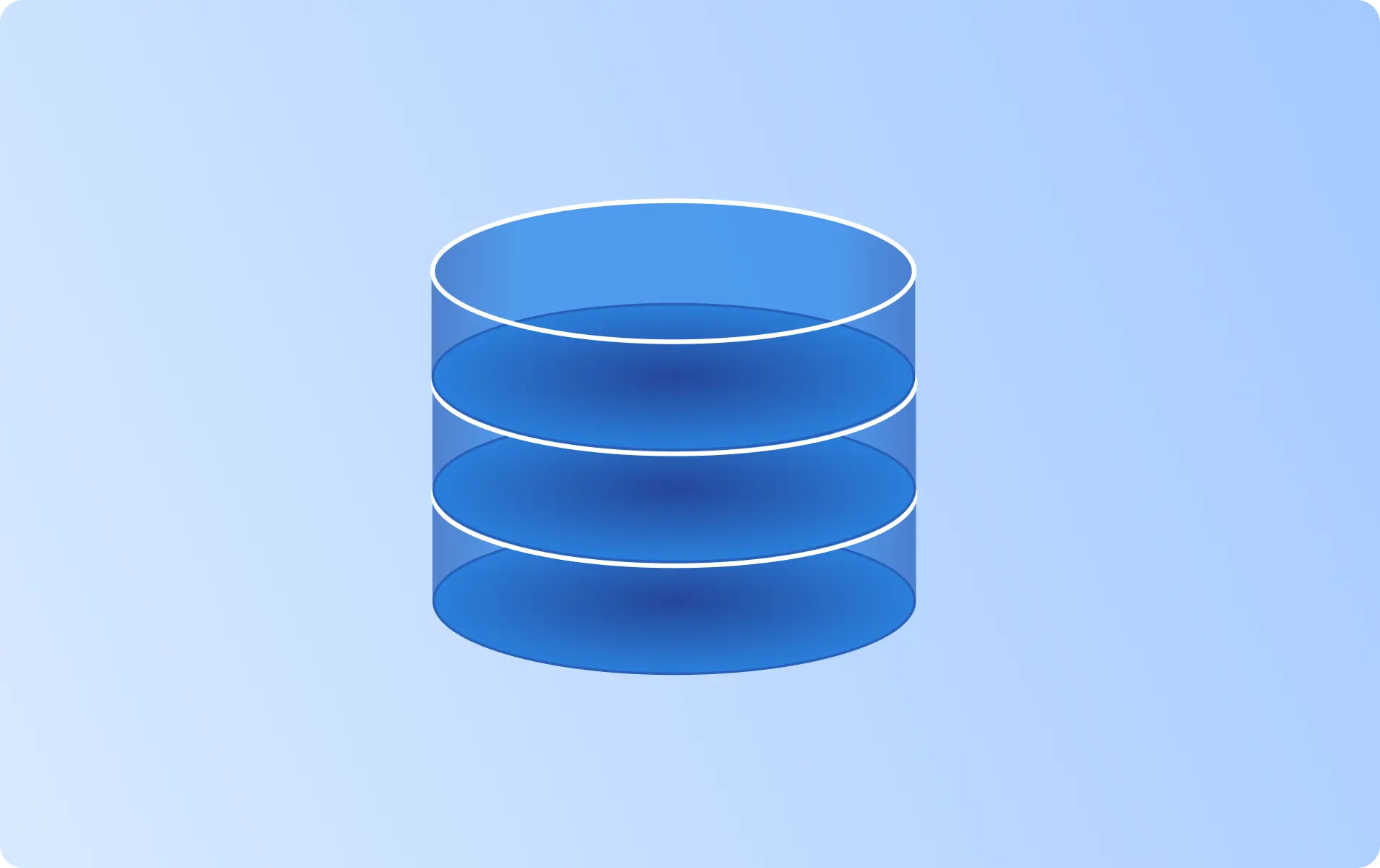What is Skill Taxonomy Data? Uses, Types & Dataset Examples

- Overview
- Datasets
- Providers
- Use Cases
- Attributes
- FAQ
- Overview
- Datasets
- Providers
- Use Cases
- Attributes
- FAQ
What is Skills Taxonomy Data?
Skills Taxonomy Data refers to a structured classification system that categorizes skills into specific categories and subcategories. It provides a standardized framework for describing, analyzing, and comparing skills across different domains and industries.
Skill taxonomy data refers to a collection of information that categorizes and organizes skills into a hierarchical structure. Examples of skill taxonomy data include skill taxonomy datasets, skill taxonomy databases, and skill taxonomy lists. This data is used for various purposes such as talent management, workforce planning, job matching, and skill development. In this page, you’ll find the best data sources for skill taxonomy data.
Best Skill Taxonomy Databases & Datasets
Here is our curated selection of top Skill Taxonomy Data sources. We focus on key factors such as data reliability, accuracy, and flexibility to meet diverse use-case requirements. These datasets are provided by trusted providers known for delivering high-quality, up-to-date information.

Skill Taxonomy Data US | AI-Powered Title & Skill Taxonomy Data Matchable with Job Postings for Talent Intelligence, HR Analytics & Workforce Planning

iQuery - Skill Taxonomy Data | Skills | USA Coverage | Skill Aggregations By Occupation, Industry, Education, and Experience

Job Postings Data US AI-Enriched Job Postings Data Matchable with Company Profiles Skill Taxonomy, Salaries & Titles for Talent, HR & Market Research

iQuery - Skill Taxonomy Data | Certifications | USA Coverage | Certification Aggregations By Occupation, Industry, Education, and Experience

LinkedIn Job Postings Data – U.S Skills & Employer Trends • Enriched LinkedIn Job Postings Data Matchable with LinkedIn Company Data & Google Maps

iQuery - Skill Taxonomy Data | Tools | USA Coverage | Tool Aggregations By Occupation, Industry, Education, and Experience

LinkedIn Company Data – US Business Profiles with Google Maps Validation LinkedIn Company Data for BI, Company Analysis & Portfolio Monitoring

Job Postings Data | 1B+ Job posts | USA Coverage | Proprietary Updates

Indeed Data – US Company & Job Postings Indeed Data with Salaries, Hiring Activity & Matchable Google Maps for HR Analytics & Business Development

iQuery - Job Market Data | 4.6B Records | USA Coverage | Aggregations By Occupation, Industry, Education, and Experience
Can't find the data you're looking for?
Let data providers come to you by posting your request
/postings/new?utm_content=search_results_page&utm_medium=platform&utm_source=datarade
Top Skill Taxonomy Data Providers & Companies
Popular Use Cases for Skill Taxonomy Data
Skill Taxonomy Data is essential for a wide range of business applications, offering valuable insights and driving opportunities across industries. Below, we have highlighted the most significant use cases for Skill Taxonomy Data.
Main Attributes of Skill Taxonomy Data
Below, we outline the most popular attributes associated with this type of data—features that data buyers are actively seeking to meet their needs.
| Attribute | Type | Description | Action |
|---|---|---|---|
| String | The name of a location. | View 8 datasets | |
| String | The name of a company or business, might be the legal or brand name. | View 6 datasets | |
| String | The title of a job. | View 6 datasets | |
| String | The identifier (ID) of a location. | View 6 datasets | |
| String | The North American Industry Classification System (NAICS) code of a company. | View 4 datasets | |
| String | The North American Industry Classification System (NAICS) name of a company. | View 4 datasets |
Frequently Asked Questions
What is Skills Taxonomy Data?
Skills Taxonomy Data refers to a structured classification system that categorizes skills into specific categories and subcategories. It provides a standardized framework for describing, analyzing, and comparing skills across different domains and industries.
How is Skills Taxonomy Data collected?
Skills Taxonomy Data is collected through a combination of research, analysis, and expert input. It involves studying various industries and professions, conducting surveys, analyzing job descriptions, and consulting with subject matter experts to identify and categorize skills accurately.
What is Skills Taxonomy Data used for?
Skills Taxonomy Data is used for talent acquisition and management, workforce planning and development, education and learning, skill benchmarking, and proficiency assessment. It helps organizations define skill requirements, identify skill gaps, design training programs, and align education with industry demands.
What’s a quality checklist for Skills Taxonomy Data?
A quality checklist for Skills Taxonomy Data includes criteria such as accuracy, comprehensiveness, relevance, consistency, and adaptability. The data should be based on thorough research, cover a wide range of skills, align with industry needs, maintain consistency in classification, and be adaptable to evolving skill trends.
How is Skills Taxonomy Data priced?
The pricing of Skills Taxonomy Data can vary depending on factors such as data quality, depth of categorization, industry coverage, and the provider’s expertise. Pricing models can include subscription-based access, licensing fees, or customized pricing based on specific requirements and usage.







